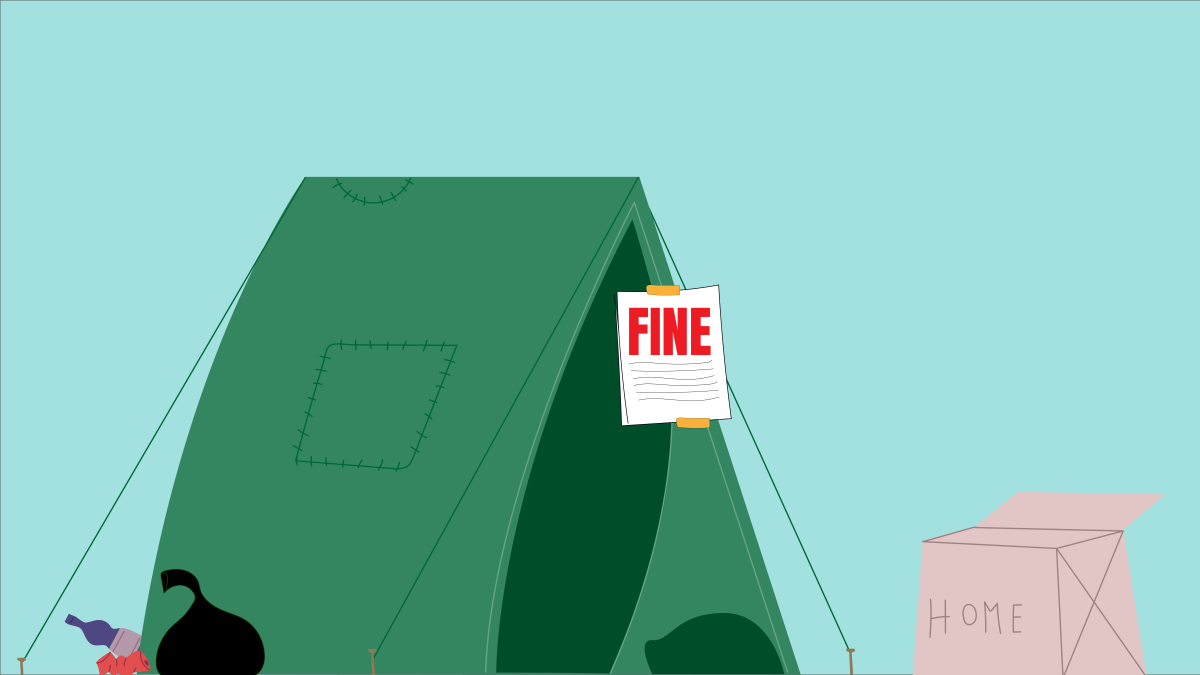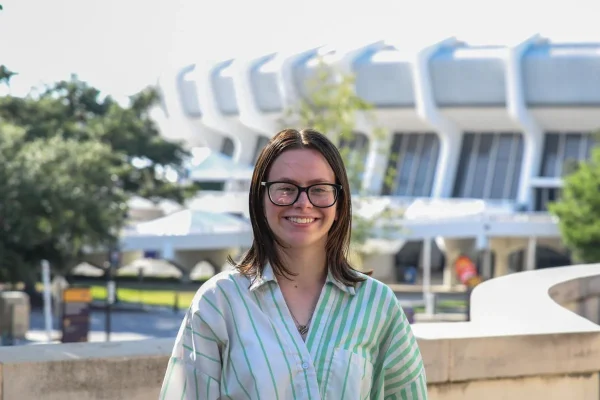On Aug. 24, the East Baton Rouge Metro Council voted 7-5 to ban homeless residents from camping on public property.
The punishment for being publicly homeless, if a resident doesn’t enter a shelter when beds are available, is either a fine or court-ordered community service. Both pose logistical difficulties.
First, to what address does the city send a court summons for someone with no home? And second, with what money are homeless residents expected to pay the fine?
These punishments will not solve homelessness.
This ordinance ignores the realities of homelessness in East Baton Rouge Parish. The parish has 205 emergency shelter beds, but over 600 homeless residents, The Advocate reported last month. Simple math says the resources don’t match the demand. Many shelters within the parish have websites that lack basic information, including the number of beds available. That data is critical, and without it, there’s no discerning how deep the resource problem goes.
The St. Vincent de Paul shelter and the Living Waters Drop In Center for Men shared those details on their websites, but both shelters have fewer than 40 beds. Fewer than 40 beds between these two shelters won’t help a quarter of the estimated 600 homeless residents.
The One Stop is a Baton Rouge day-shelter that provides people experiencing homelessness with housing counseling, respite services, showers, a place to do laundry and the option to be transferred to St. Vincent de Paul if they need a place to sleep overnight.
The One Stop, like many shelters, receives funding from the U.S. Department of Housing and Urban Development. HUD helps people experiencing homelessness by providing hotlines, finding potential shelters in the area where someone could stay, food banks and more.
One Stop Executive director Weston Schild said that the shelter also receives funding from several foundations and collects a small occupancy shared-cost fee through the multiple providers in the building. Those funds help keep afloat services that have become both more costly and more demanded, Schild said.
“You know, COVID’s been hard. Two-and-a-half plus years here, priorities have changed, things have gotten more expensive,” Schild said. “So just really stability of funding for the staff positions we have at the building is so critical.”
If Baton Rouge doesn’t provide adequate resources to homeless shelters, then it might as well throw this ordinance in the garbage. Shelters have been left to fight a widening crisis without the support they need.
“You always feel like you’re doing so much with not enough,” Schild said.
Taylor Hamilton is an 18-year-old mass communication freshman from Tallahassee, Florida.







